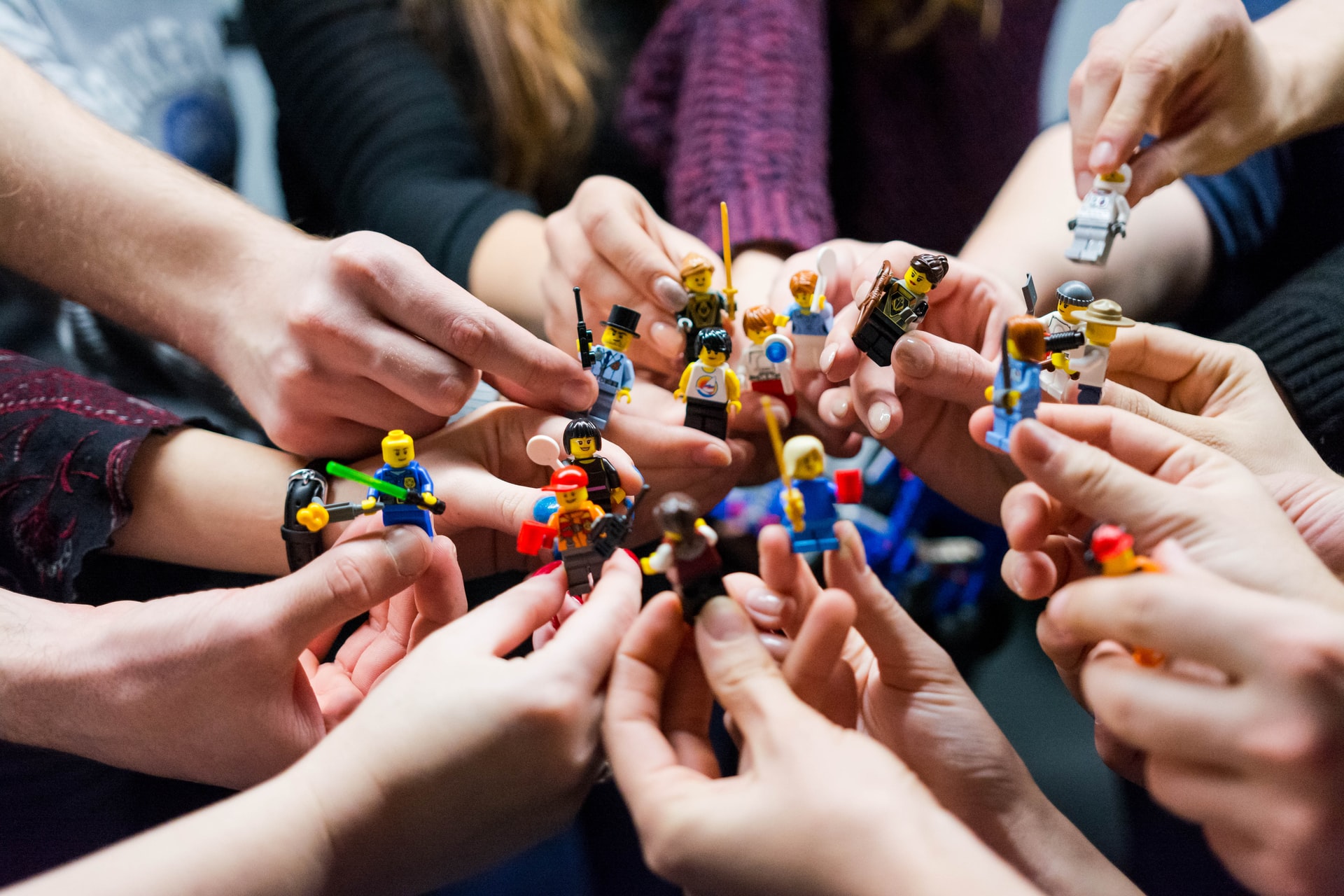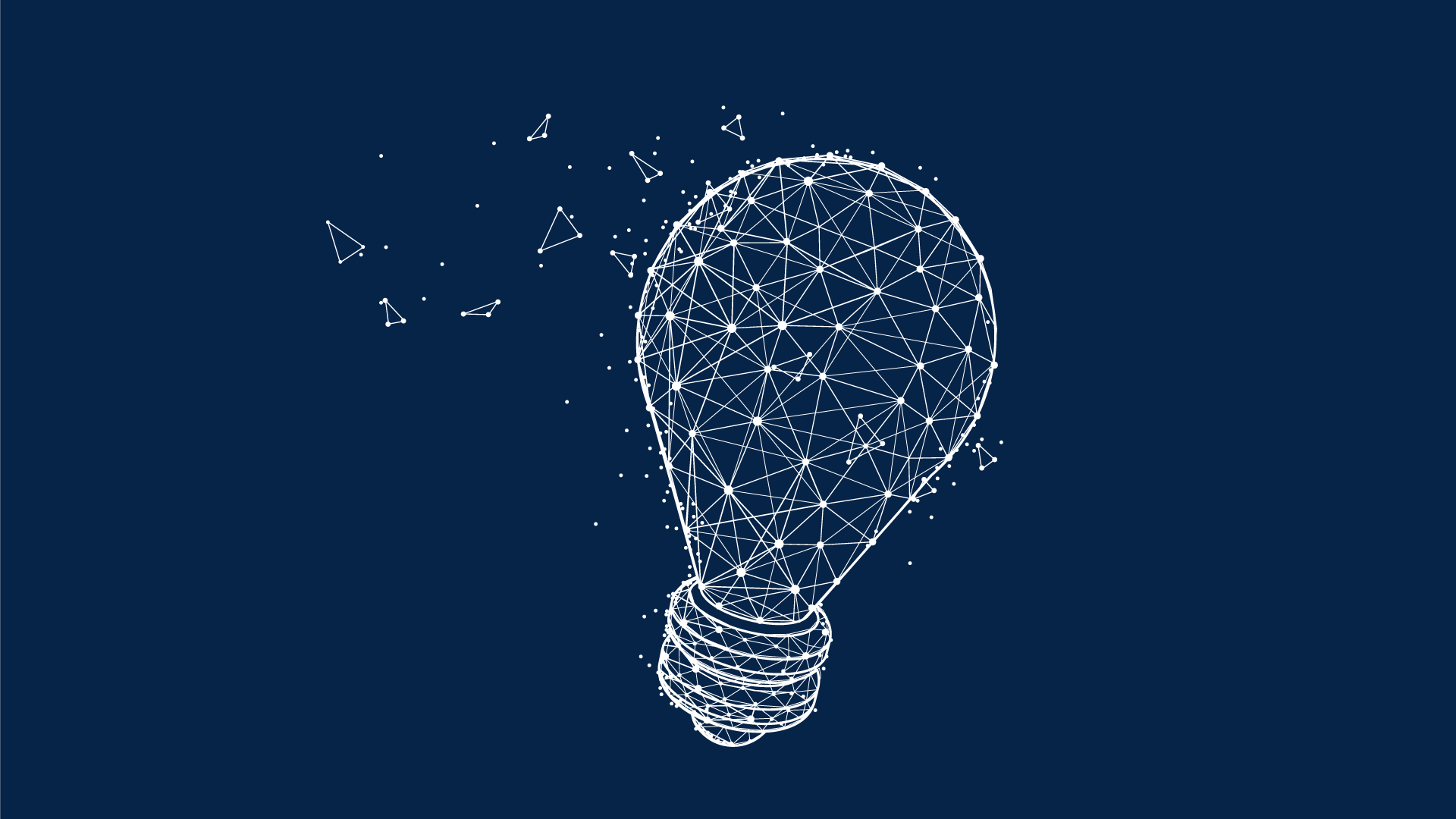Does it matter who learns? A social network model of team exploratory and exploitative learning

Session Details
The presentation will be part of Session 2295 Interpersonal and Interfirm Ties in Science and Innovation, organized by the Knowledge and Innovation Interest Group. The session is chaired by Andy Wu. It consists of four presentations about social networks and organizations
Does it matter who learns? A social network model of team exploratory and exploitative learning
Authors: Raphael Boemelburg (University of St. Gallen) & Stefan Breet (Radboud University Nijmegen)
Abstract. Exploratory and exploitative learning are both necessary for the long-term viability of organizations. Recognizing that teams are the fundamental unit in which organizational learning takes place, scholars have started to examine how team learning emerges from the learning activities of individual team members. Drawing upon the organizational learning and social network literatures, we advance this line of research and argue that team exploratory and exploitative learning emerge in different ways depending on the social structure of the team. Using multi-source data on the learning activities of 51 teams representing 224 and a social network analysis of eight weeks of email communication between team members, we show that team exploratory learning is governed by an aggregation model in which more central team members have a bigger influence. Team exploitative learning, in contrast, is best explained by a simple additive composition model in which every team member is equally influential
Managerial Ties, Communities of Practice and Business Model Innovation
Authors: Tommy Clausen & Lars Molden (Nord University)
Abstract: Scholars and practitioners argue that firms can embark on new growth trajectories through business model innovation (BMI). There is, however, scarce insights into BMI and it’s driving forces among new and smaller ventures, which limits our insight into how BMI can help such ventures to grow beyond a small scale. Responding to this gap, we develop a conceptual model proposing that managerial ties enable BMI through the interplay with external communities of practice (CoP). Analysis of survey data using incubators and ecosystems as relevant settings provide empirical support for the model. Overall, the paper clarifies the theoretical relationship between managerial ties, CoPs and BMI. It also illuminates how the external environment can enable BMI and conceptualize the role of incubators and ecosystems.
Recombinant Search at Temporary Gatherings
Authors: David Clough (University of British Columbia), Tommy Pan Fang (Rice University), & Andy Wu (Harvard University)
Abstract: Temporary gatherings—such as conferences, trade shows, and festivals—create a forum where strangers meet one another, thereby helping people establish new social connections. The infusion of new social ties may permit knowledge transfers that facilitate recombinant search. However, knowledge transfer is not assured: ties newly formed at a temporary gathering may have low information carrying capacity. In this research project, we examine under what conditions temporary gatherings catalyze the creation of novel combinations. We study a large sample of novel technological combinations created at software development hackathons. We find that both the software developers’ prior knowledge and several attributes of hackathon context strongly influence the rate and direction of inventive activity at a hackathon.
Knowledge Spillback in Alliances
Authors: Jens-Christian Friedmann (Bocconi University)
Abstract: Research on alliances suggests that exposing knowledge to partners restricts firms’ value appropriation from that knowledge. This study examines the possibility that knowledge spillover to partners instead provides opportunities for firms to learn from partners’ inventions that build upon the spilled knowledge, thus enabling firms to regain value that would otherwise be lost. This is termed “knowledge spillback.” Analyses of alliances in the electronics and machinery industries show that knowledge spillover to a partner induces subsequent knowledge spillback, yet spillback diminishes as spillover intensifies. Analyses of contingencies reveal that knowledge spillovers encourage knowledge spillback especially if partners combine firms’ spilled knowledge in novel and non-redundant ways. Indeed, knowledge spillback from partners increases the value of firms’ inventions, thus contributing to firms’ value gain from alliances.
Related Posts

Research Talks
In this presentation at the EGOS Colloquium 2022 in Vienna, I argue that team exploratory and exploitative learning emerge in different ways depending on the social structure of the team

Research Talks
In this presentation at the University of Utrecht, I argue that team exploratory and exploitative learning emerge in different ways depending on the social structure of the team

Research Publications
This dissertation develops and tests a network perspective on corporate entrepreneurship.

Service Conference Tracks
This sub-theme explores the dynamic tension between networks and agency in organizations—how social structures shape action, and how actors influence social structures.